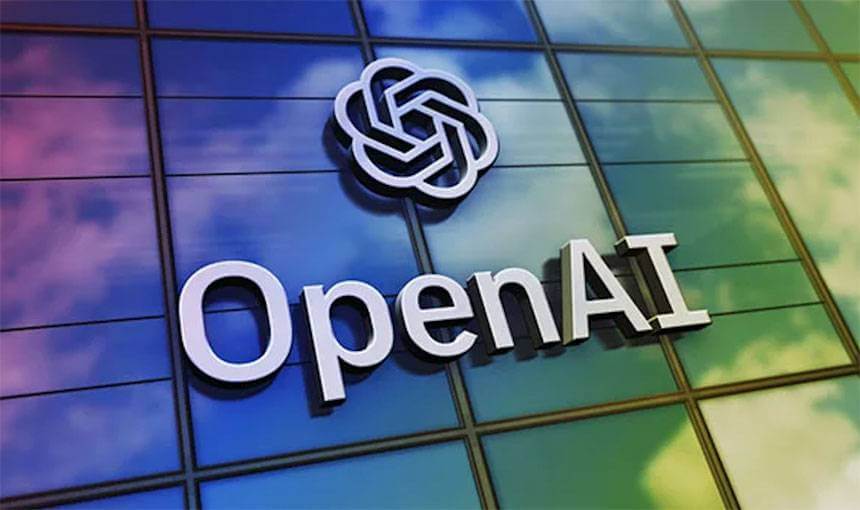A significant legal battle is brewing between Elon Musk and OpenAI, with recent developments indicating growing support for Musk's position. A group of former OpenAI employees has voiced their support for Musk's lawsuit against the company's restructuring, alleging that the changes would compromise OpenAI's original non-profit mission. This legal challenge highlights the ongoing debate about the direction of AI development and the balance between innovation, profit, and ethical responsibility.
Musk, a co-founder of OpenAI who departed in 2018, initiated legal action against OpenAI and its CEO, Sam Altman, accusing them of deviating from the company's initial charitable purpose when it began accepting billions of dollars in investment from Microsoft in 2019. Musk claims that OpenAI's shift towards a for-profit model undermines its founding mission to develop AI for the benefit of humanity, an argument now bolstered by the support of former employees.
The former employees, consisting of a dozen data scientists and technicians who worked at OpenAI between 2018 and 2024, filed a legal brief arguing for maintaining the nonprofit arm's controlling stake in the company. They contend that altering the corporate structure to diminish the nonprofit's control would fundamentally violate OpenAI's original mission. The former employees emphasized that the non-profit structure helped in recruiting efforts, as many of the company's staffers simply joined because they believed in the original mission.
According to Bloomberg, some of these former employees have previously voiced concerns about OpenAI's ability to balance safety considerations with the commercialization of its technology. One former employee, William Saunders, who worked at OpenAI for three years, said he left the company because he lost faith that the company would honor its commitments to safety.
OpenAI, however, defends its restructuring plans, asserting that the new structure would still advance its charitable goals. The company argues that the nonprofit would retain a significant stake in the future for-profit entity, which would operate as a public benefit corporation with obligations to both shareholders and the public good. "Our Board has been very clear: our nonprofit isn't going anywhere and our mission will remain the same," the company said in a statement.
The shift from a nonprofit to a for-profit model is not unique to OpenAI. Many technology companies face the challenge of balancing financial success with ethical responsibility. However, OpenAI's case is particularly significant due to its pioneering role in AI development and its potential impact on society.
The legal battle between Musk and OpenAI is far from over, and the outcome may have significant implications for the future of AI companies that operate at the intersection of profit-making and public service. A jury trial on the matter is scheduled to begin in the spring of next year. In the meantime, the debate over OpenAI's direction and its commitment to its original mission is likely to continue.

















